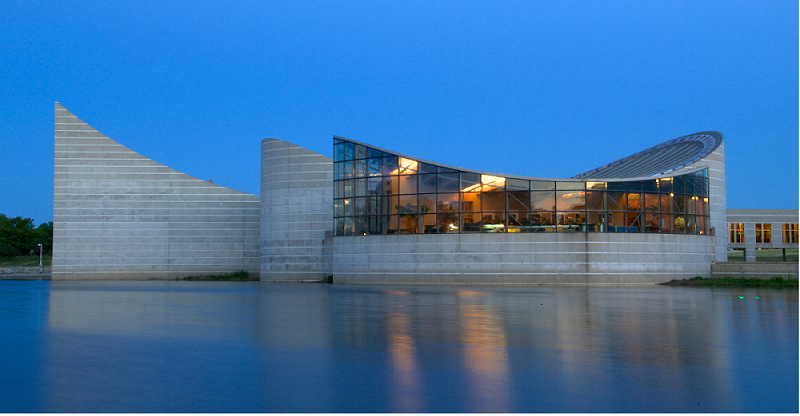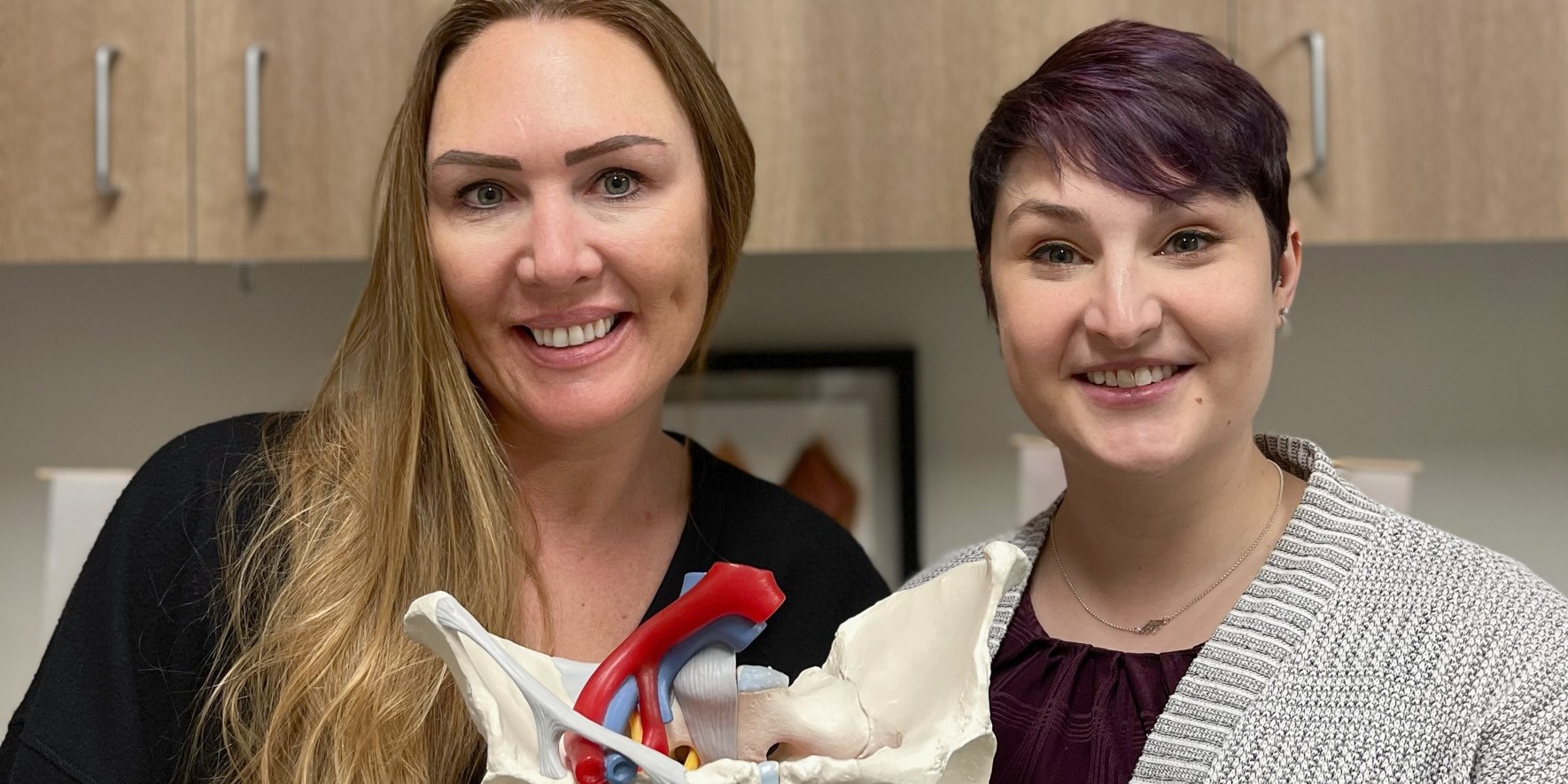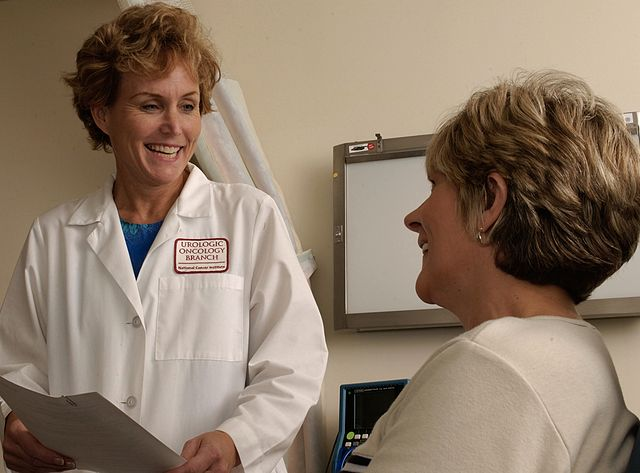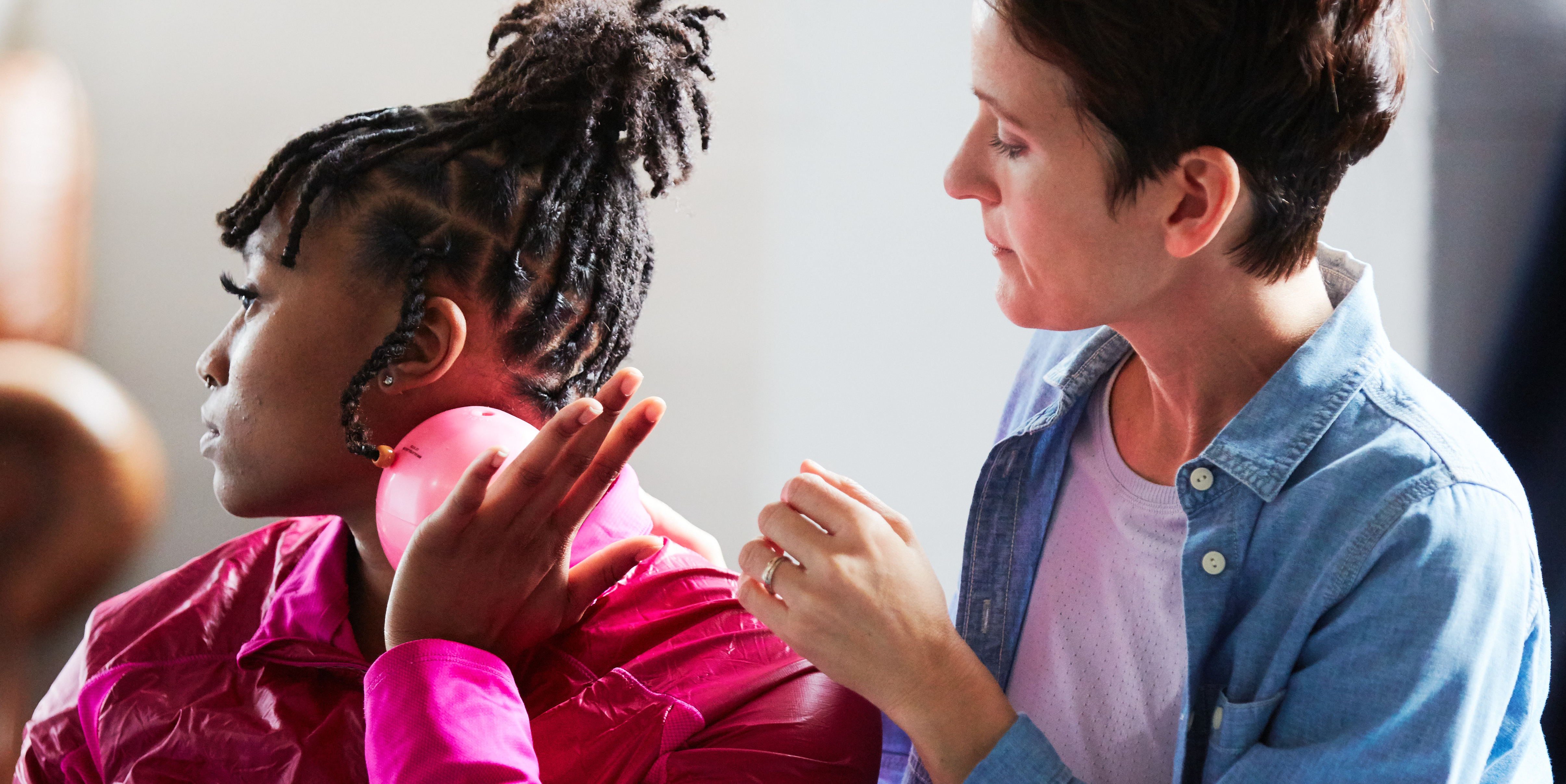Meet the Instructor of our Sexual Health Clinical Toolkit! Course

Our Pelvic Rehab Report blogger sat down with Dr. Heather Howard, the instructor of our Sexual Health Clinical Toolkit course, to talk about her course, her practice, and the experience and knowledge she brings to the field of pelvic rehab. Here's what Heather had to say:
What inspired you to create this course?
This course was inspired by my gratitude to the physical therapists who helped me through my own debilitating pelvic pain crisis. The support I received, coupled with the lack of sexuality research and resources for the sexual effects of my condition, led me to become a sexologist and mind-body health facilitator. My mission as a sexologist is to improve sexual health care for all people. In my clinical practice, I help people meet their sexual goals by providing relevant education and skills training. I can help even more people by sharing my tools, resources, and clinical perspective with women's health care providers.
What resources and research were used when writing this course?
In over a decade of collaborating with women's health PTs as a client, researcher, clinician and educator, I have learned the extent to which patients are looking to their PTs for sexual advice, and how PTs are providing sexuality education and counseling on a daily basis. I have also learned about the challenges new and experienced PTs face in providing sexual solutions and what training they would most appreciate in this area. Many of those challenges were revealed in the natural course of my collaboration, and I decided to gain a thorough understanding by conducting a mini-study which consisted of asking co-investigating PTs in my dissertation research about what tools and training they would find helpful in supporting their clients with the sexual challenges they face. There were 12 PTs in the 9 co-investigating PT and medical practices for my dissertation, and I created a list of requested tools and training from those interviews. I have covered most of those requests in this course. I also conducted extensive literature reviews for both my dissertation on integrating sexual response in interventions for pelvic pain, and for a published article on sexual adjustment counseling for women with chronic pelvic pain. The literature establishes what is needed, such as what most of us see in clinical practice: that patients with CPP report more sexual problems than patients with any other type of chronic pain; that a multimodal, multidisciplinary approach is to optimal for treating pelvic pain; that pain management and psychotherapy do not necessarily lead to improved sexual function for people with pelvic pain; and what elements of are needed in sexuality education to implement change. I will address the elements contained in this course later in this interview, which were determined based on the literature and my own interviews with women's health PTs. While research describes what this large population is missing in terms of sexuality adjustment support, it offers few practical solutions for the problem. Clinical protocols and educational resources for sexual rehabilitation for people with chronic health conditions are not well defined or researched yet, so I have built my own educational and clinical approach based on well-established sexuality counseling and embodiment techniques. The sexuality information I teach is based on the research and methodologies of experienced sexuality researchers and counselors that date back to Alfred Kinsey, William Masters and Virginia Johnson, Helen Sanger Kaplan, Jack Annon, and William Hartman and Marilyn Fithian. The experiential mind-body health approaches that I utilize borrow from the traditions of Voice Dialogue, Body Dialogue, Mindfulness, and Somatic Experiencing, all of which are taught in Somatic Psychology programs. I hope to conduct more clinical research soon to add to the literature.
What can you tell us about this continuing education course that is not mentioned in the "course description" and "objectives" that are posted online?
This course provides attendees with a personalized clinical toolkit, which consists of a framework for sexual health management, as well as practical sexual solutions for patients. Attendees improve their ability to conduct sexual health assessments and suggest innovative and relevant sexual solutions and resources. We also discuss approaches to facilitate patient embodiment, which is an important component for pain management and sexual satisfaction. Even the most experienced providers gain new approaches and a deeper understanding of the problems they see every day.
Can you describe the clinical/treatment approach/techniques covered in this continuing education course?
Sexual health is a vast topic and the majority of the courses out there focus on teaching sexuality information. The problem is that information alone is rarely sufficient for health care providers to integrate what they have learned in a course into their clinical practices. Research has shown that the elements of sexuality education that are needed for effective implementation are as follows:
1. Sexuality information (aimed at improving knowledge and resources)
2. Sexuality attitudes self-assessment (aimed at helping providers become more comfortable with a broad spectrum of sexual attitudes and behaviors, and more aware of their personal biases and "blind spots," so that they can provide a safer space for sexual discussions)
3. Sexuality counseling practice and supervision (aimed at improving professional confidence and appropriate practical solutions)
I am most concerned about optimizing clinical implementation, so I offer some of all 3 elements in this course, with an emphasis on #3. This course complements other available courses in sexuality information (such as the upcoming H&W ISSWSH course on sexual medicine), sexuality attitudes assessment (such as the H&W Sexual Spectrum Education course coming soon), and sexuality counseling (AASECT conferences).
Why should a therapist take this course? How can these skill sets benefit his/ her practice?
Patients look to their women's health care providers for sexual advice, and most providers offer excellent support and advice with little formal training in the area of human sexuality. Patients benefit from a methodical approach to care, and a sound methodology is never more important than with a topic as sensitive as sexuality. My more than 1500 class hours of training in human sexuality have helped me see sexuality problems from a broad perspective and re-framing client problems is often as important as the specific rehabilitation solutions we offer. As a result, many providers who take this course see sexuality through a new lens, which can have benefits on a professional and personal level. They also become familiar with the variety of tools and solutions available to help their patients, many of which they integrate into their own practices.
Don't miss the chance to learn more from Heather! The next offering of this course is in San Diego, CA on June 22-23 - Register today!
By accepting you will be accessing a service provided by a third-party external to https://www.hermanwallace.com/








































